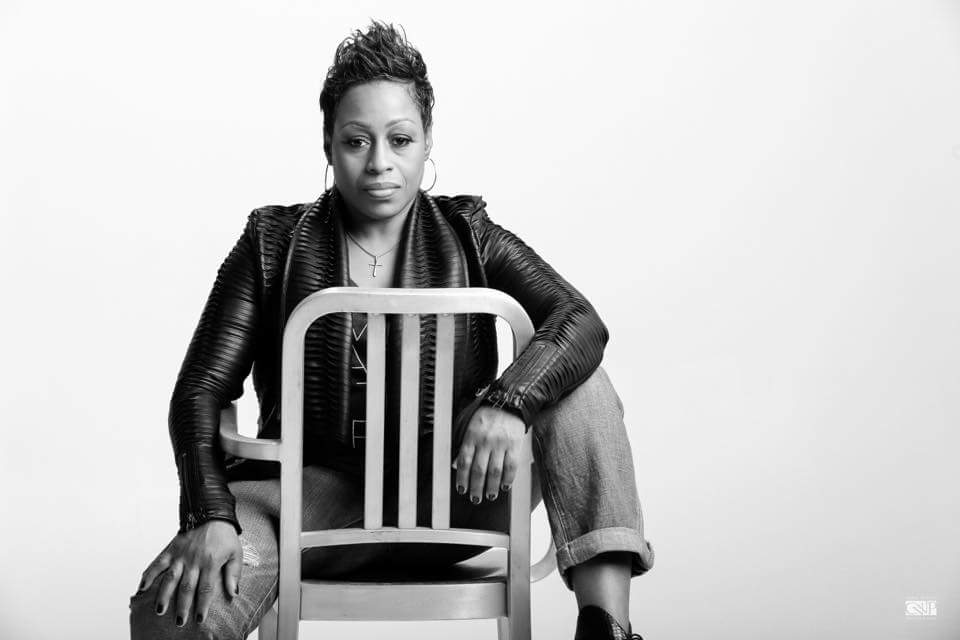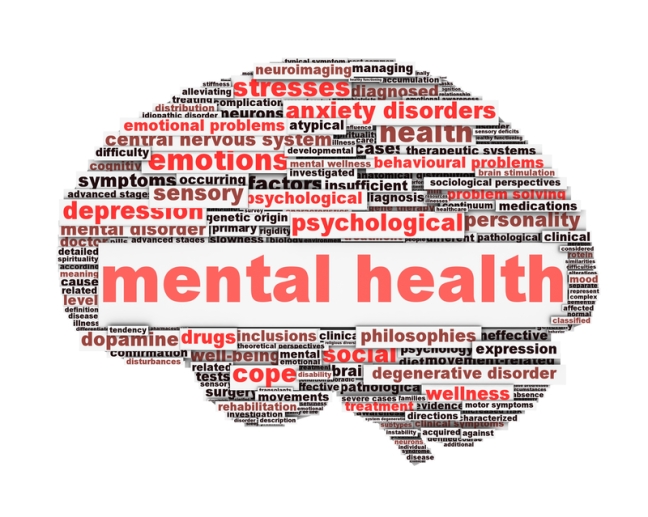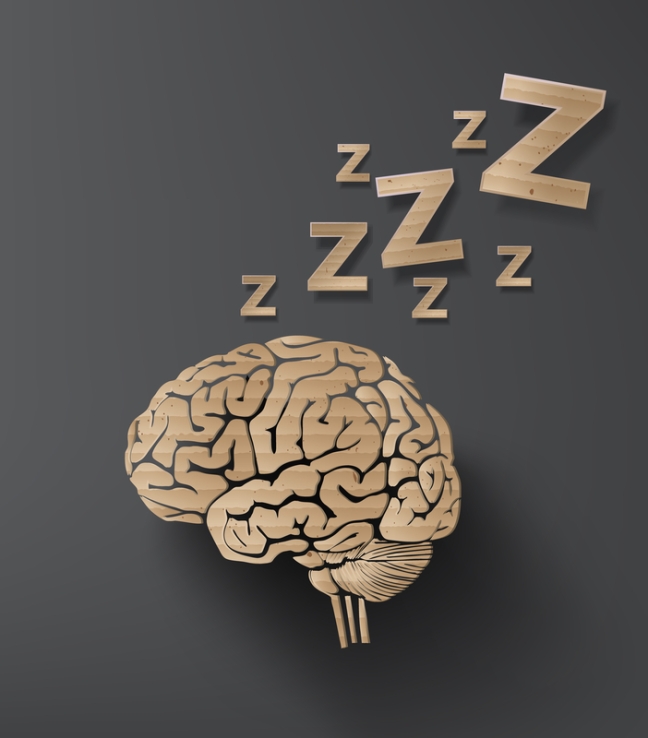It’s true, you wake up one day and just like that (snap fingers), you’re 50. And I’ve been turning 50, celebrating 50, touting 50, and coming for 50 for well over a year now. For me, it was a process and a journey that I consciously and intentionally chose to embrace. I remember growing up when people didn’t embrace 50. They rather lamented it and feared it like it was a scarlet letter or a plague. If you were 50, then you were old, used up, not useful. And so people ran away from it. They went out and bought themselves a new face or body, a shiny new sports car, or went through a depressive phase longing for their youth. But me? I ran towards 50 screaming with expectation! Because for me to be a Black woman in America who grew up poor in the urban ghetto, who defied odds time after time, and who is no one’s statistic…50 was a stat I was happy to have ascribed to me!
It’s true, 50 spurs a sort of existential shift — as it should. You realize that half your life is over. You sit with the realization that if you’re super blessed then maybe, just maybe you’ll get another 50 years. But even the best Vegas odds are, you won’t. And that thought right there sobers me. The thought that half my life, well, more than half of it is probably over — that thought focuses me and fuels me. It fuels me to do better. But mostly to be better. To love better and harder and more. And to say it more often and only when I truly mean it. It fuels me to try to take care of my body and my mind better because I can tell that even now, the years have begun to affect them. So I’ve been trying to eat better, sleep better (and more), relax, and unplug from all the gadgets periodically. What about exercise, you ask? Well…That’s still a process!
What 50 has really done for me is given me a certain respect for time that I’m not sure I had before; at least not in the same way. I am so conscious now of moments — of enjoying them and making them count. And of spending them doing what brings me joy, with who brings me joy. Because when you’ve lived for 50 years, you understand how precious time is because you’ve seen people literally run out of it. You knew people who thought they had time but were wrong. Who thought they could do it tomorrow, say that apology or utter the ‘I love you,’ tomorrow. Or make the phone call tomorrow. And many believed that they could weather the storm of a miserable situation — be it work, a relationship, a marriage, or whatever — just one more day until tomorrow. Fifty has taught me that tomorrow isn’t promised, nor can you count on tomorrow. You’ve gotta count on today!
Fifty means I no longer expend time trying to make things work that clearly aren’t. I no longer give people, jobs, situations or circumstances the benefit of the doubt again and again and again. I’m no longer a ‘three strikes and you’re out’ kinda chick. I just don’t have that kind of time. And I don’t remain where I’m not being emotionally charged, nourished, and valued. Fifty means I no longer contort myself to gain the acceptance, approval, promotion, raise, relationship or ring. Fifty means I know who I am, and I am what I am. Unapologetically.
Fifty means I understand that I’m not for everyone, and I’m okay with that. Fifty means I am comfortable knowing that not everyone will like or accept or gravitate towards me. Fifty means knowing that there are times when I would’ve done nothing at all and people will dislike, derail, or try to come for me. I no longer do mental gymnastics trying to figure it out. I’m a psychologist. I know that what people dislike most about me is what they lack within themselves. Fifty means simplicity. It really does mean black and white. It’s really just that simple. Fifty means freedom, but it also means fearless.
For me, 50 is the realization that you just don’t have the same time you used to. Every second, and every minute counts. For me, 50 means making moments into memories and not wasting one second on bullcrap. So I’m gonna go make some memories and enjoy this, my 50th birthday! Cause really, 50 means that while maybe it used to be, time really ain’t on my side!

Dr. Nicole M. Alford, aka ‘The Good Dr. Nik,’ is a DMV-based clinical psychologist, prolific blogger, mental health advocate and activist. Follow her on all social media platforms @TheGoodDrNik & check out her new YouTube channel at DrNikTV.com












